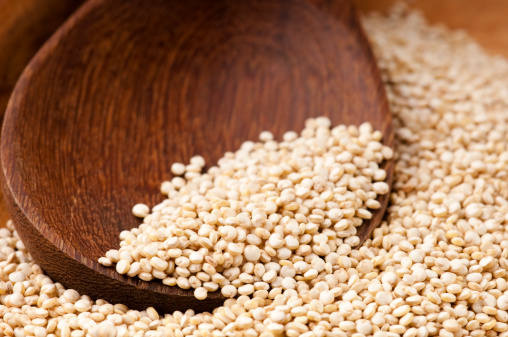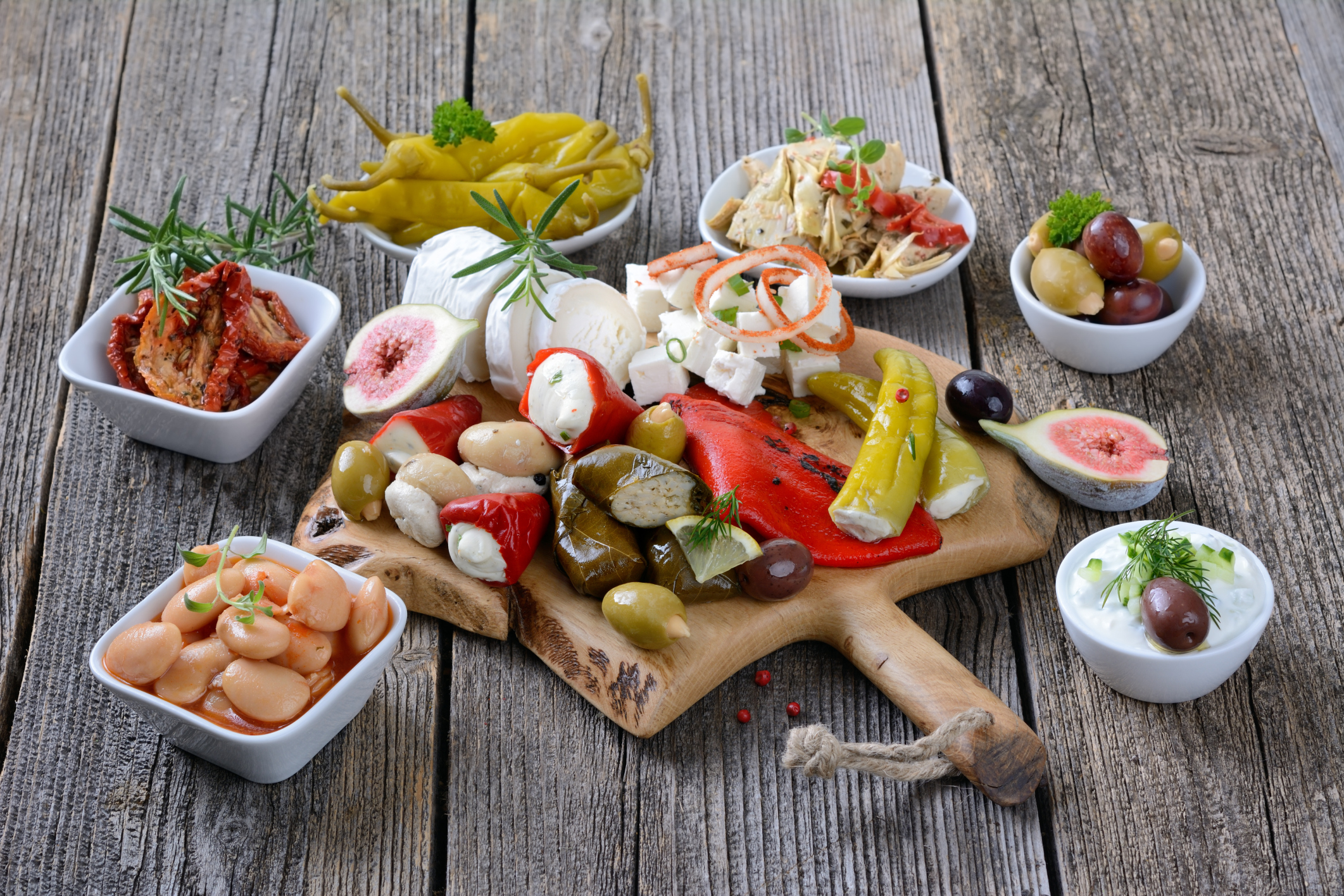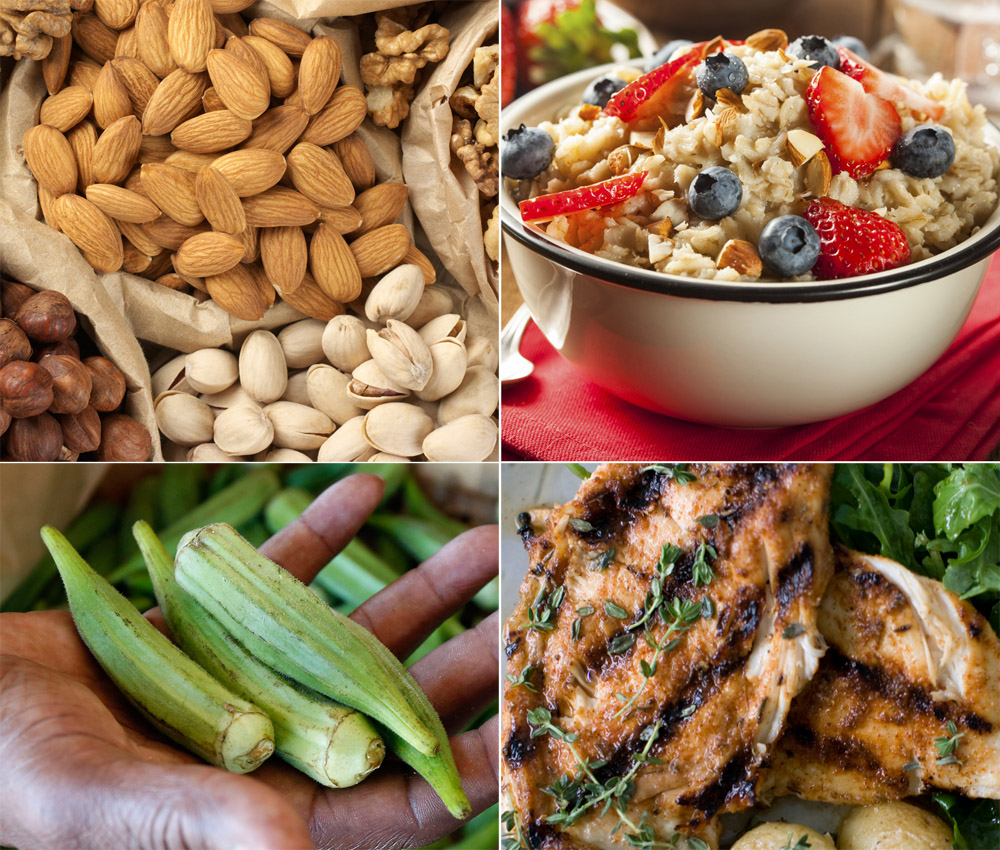WASHINGTON — Organic food was once found only on dusty shelves in health food stores. Now, it’s a $39 billion food industry, and organics are found in supermarkets across the country.
With the demand for organic food growing, there’s confusion about what exactly makes the food in produce aisles organic and how to tell whether you’re getting what you pay for.
To use the term “organic,” food companies are supposed to follow guidelines set by the U.S. Department of Agriculture, Lean Plate Club blogger Sally Squires said in an interview with WTOP.
“‘Certified organic’ is what you should see on the label,” Squires says. “This is grown and processed according to federal guidelines that address things like soil quality, animal raising practices, pest and weed control and use of additives. A lot of times you’ll see this ‘organic’ label kind of just pop up, and if it’s not certified organic, it’s probably not really organic.”
Squires says a number of common-knowledge misconceptions around such questions as the use of pesticides are keeping consumers in the dark about what goes into organic food products as well.
“If you’re buying [organic food] because you think you’re getting pesticide-free [food], you’re wrong,” she says. “There are still at least 20 or more pesticides that are can be used on organic.”
While synthetic pesticides aren’t used in organic food, Squires says natural pesticides can have the same effects.
“We used to think that the so-called ‘natural’ pesticides would have no adverse effects, but actually research has shown they can have just as many, and sometimes even more, than the other pesticides,” she says.
Squires also notes that organic food isn’t inherently healthier, despite popular belief.
“There’s this perception that organic, for some people, might have fewer calories, and that’s also not true,” she says.
Those who eat organic may be making other poor health choices, she adds.
“There’s a recent study out just this month that said if you eat organic, you somehow take on a ‘health halo’ and feel like ‘I’ve done something good so now I can do anything I want.’ They actually looked at dieters who ate an organic meal and they found that, as a result, they didn’t exercise and they ate dessert.”
Squires says the biggest take-away she can give is all foods are part of a spectrum that needs consideration when it comes to paying the bill at the grocery store.
“If you want to eat organic, great. If you want to eat conventional, great. The one thing you should know is that you’re going to pay more to eat organic, generally, than if you eat conventionally grown food.”








